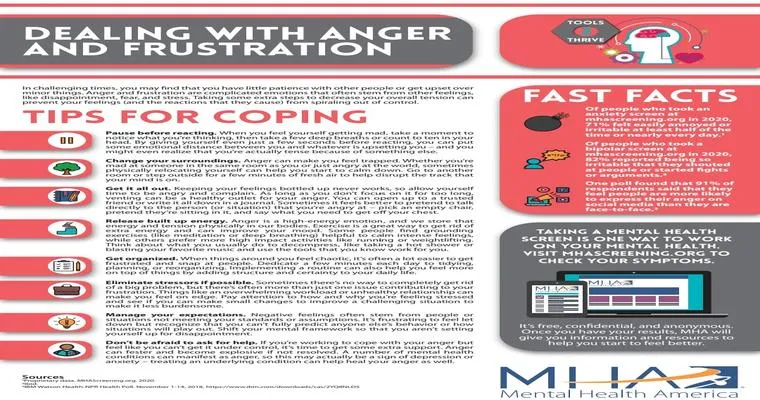As we age, it is common to experience moments of forgetfulness or to mix up words. For those who are "58 years old" and concerned about cognitive health, it can be alarming to notice these changes. You may be wondering if these occurrences are simply a part of aging or if they could be signs of something more serious, such as "dementia". In this article, we will explore the differences between normal age-related changes and potential warning signs of dementia, helping you to better understand your cognitive health.
First and foremost, it’s essential to recognize that occasional word mix-ups or lapses in memory are often a normal part of the aging process. Many people in their late fifties experience "mild cognitive decline", which can include temporary forgetfulness, difficulty in recalling names or words, and distractions. These moments can be frustrating but do not necessarily indicate a serious condition like dementia.
Dementia is a broad term that encompasses various syndromes affecting cognitive functioning, including memory, thinking, and social abilities. The "early signs of dementia" can vary greatly but typically include more than just occasional word confusion. For instance, individuals with dementia may experience:
1. "Significant memory loss" that disrupts daily life, such as forgetting important dates or events.
2. "Difficulty with problem-solving or planning", such as trouble following a recipe or managing finances.
3. "Challenges in completing familiar tasks", like driving to a known location or managing household chores.
4. "Confusion with time or place", such as losing track of the season or not knowing how they arrived at a location.
5. "Changes in mood or personality", leading to increased anxiety, depression, or social withdrawal.
If you find that your occasional word mix-ups are accompanied by several of these symptoms, it may be prudent to consult with a healthcare professional. They can conduct a thorough assessment to determine if your cognitive changes are a normal part of aging or if they warrant further investigation for conditions like dementia.
Additionally, there are lifestyle factors that can impact cognitive health. Regular physical activity, a balanced diet rich in nutrients, mental exercises such as puzzles or reading, and maintaining social connections can all contribute to better brain health as we age. Staying engaged in activities you enjoy and seeking out new experiences can also help keep your mind sharp.
In conclusion, while it is common to occasionally mix up words as you age, staying attuned to your overall cognitive function is vital. If you have concerns about your memory or cognitive abilities, particularly if these changes seem to be worsening, it is important to seek advice from a healthcare professional. Understanding the difference between normal age-related changes and potential signs of dementia can empower you to take proactive steps towards maintaining your cognitive health.





